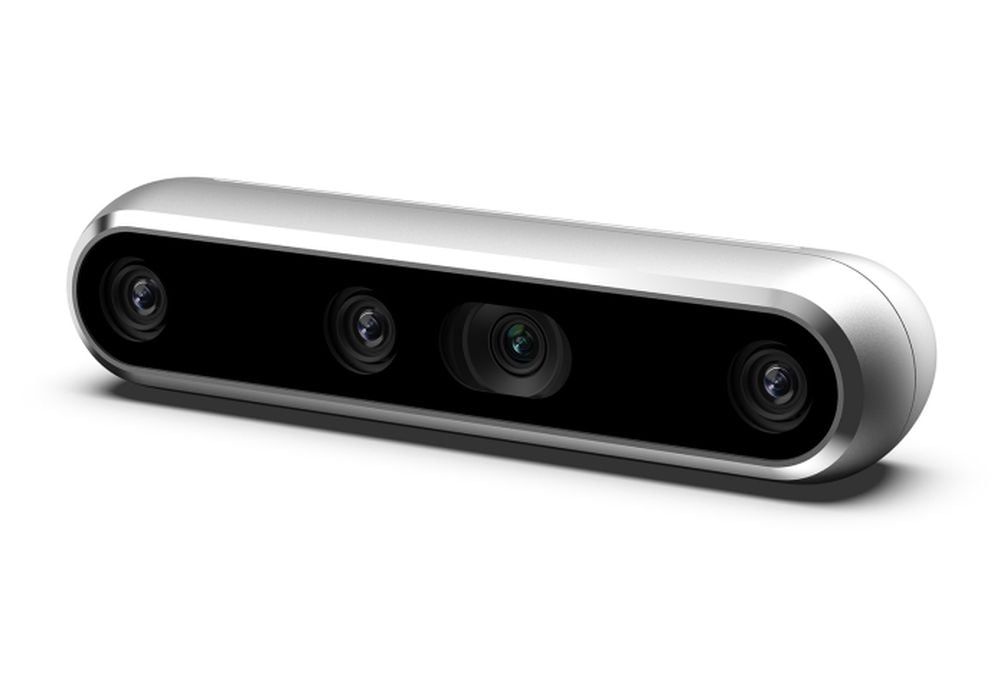
Intel announced it is exiting the RealSense depth camera business.
The company first introduced the RealSense back in 2015, with the intentions of creating a complete ecosystem for collecting 3D information from the real world, hence the name of the program.
According to a report on CRN:
”Intel said it’s ‘winding down’ its RealSense computer vision division to focus on its core businesses, marking the beginning of the end for a portfolio of high-tech cameras and sensors that were built for robotics, digital signage, 3D scanning and other forward-looking use cases.”
There does not appear to be a corresponding official press release from Intel, so it may be they wish to keep a low profile on this development.
The promise of RealSense was to make technology — hardware and software — available to developers to create many different types of 3D sensing products. The one of most interest to Fabbaloo readers would, of course, be 3D scanning.
Unfortunately, it seems that RealSense technology was not adopted by the major 3D scanner manufacturers, who kept on using their own technologies. This could have been because they wished to retain their own proprietary technology advantages, or perhaps RealSense license fees might have been seen as too steep.
Either way, the adoption of RealSense tech was evidently too slow and small for Intel to warrant continuing the program. This is in spite of a considerable push by Intel to promote the technology, at least in its initial days. I recall seeing it pasted all over CES in 2016-2017, and even their marketing might apparently was insufficient.
Intel told CRN they intend to continue supporting existing customers, but apparently will be shifting resources previously working on RealSense towards their more core businesses.
It seems that in recent years Intel has had a difficult time competing with multiple other parties. For example, a major recent blow was the shift of Apple from using Intel chips in most of their devices to using their own chips.
For the 3D scanning community, this won’t be that big a deal. Virtually every major 3D scanner producer doesn’t use RealSense technology, so there are no issues there. There are also an increasing number of photogrammetry solutions that offer quite good 3D scanning capabilities at very low cost. And finally, more smartphones are becoming equipped with LIDAR or similar depth-sensing technologies, which negate the need for additional depth cameras.
When you consider all of that, it’s perhaps not surprising that RealSense is going away.
Via CRN
